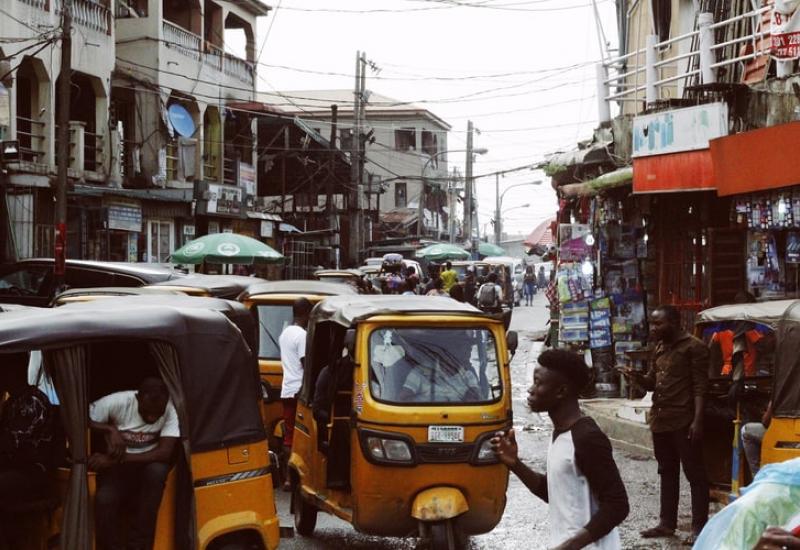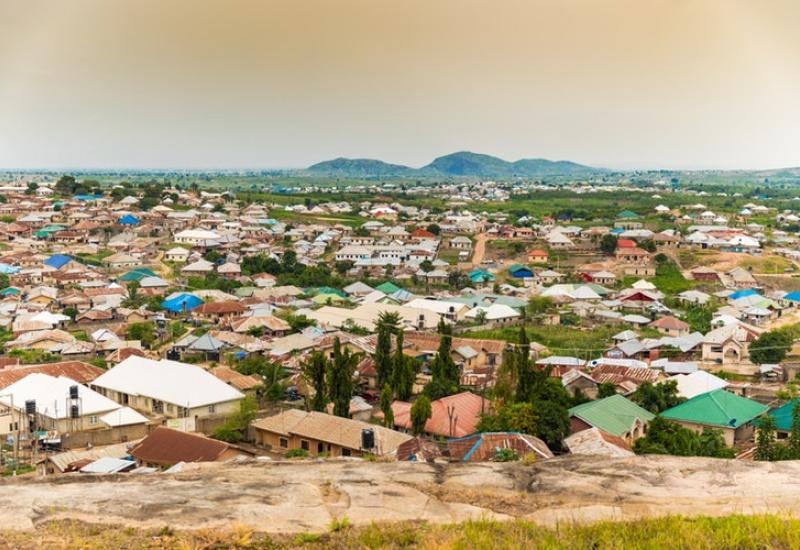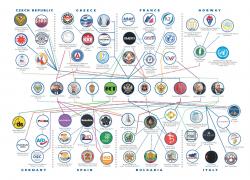Why Nigeria Needs More Direct Investment to Grow its Economy
In May, the National Bureau of Statistics (NBS) published its Nigerian Capital Importation first-quarter Report, which revealed that Nigeria received $5.85 billion capital inflows in the first quarter (Q1) of 2020.
According to the NBS, the $5.85 billion represents over fifty percent increase when compared to what Nigeria received in the fourth quarter of 2019. However, when compared to the corresponding first quarter period of 2019, the investment flow into Nigeria shows a 31.19% decline.




















